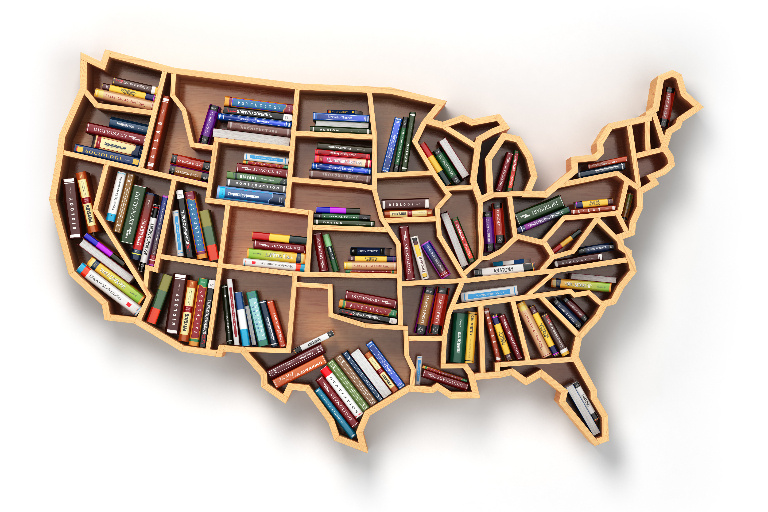
21st Century American Fiction

Gareth Evans
Hutton Honors College
For the class, I have selected materials that present a variety of topics and arguments, including immigration, race, class, and gender. Connections between our course and current and/or historical events outside the classroom will be evident during the class. Those connections require careful thought rather than being immediately obvious, but the ability to understand and analyze connections among ideas and events is a core skill in a liberal arts education and will stand you in good stead in your life beyond Indiana University (Adapted from language initially used by Rebecca Lave, Associate Dean for Social and Historical Sciences).
The novels we read vary in style and content, just as the authors vary in their race, ethnicity, gender, regional, and national background. All are concerned with the power of circumstance, however, and with the role difference, of, for example, class, gender, race, color and sexuality, play in shaping a person’s life.
The first book we will read is part of the transnational turn that is a key trend in 21st-century American fiction. That book, Americanah,_ _is as much concerned with the country in which its author was born, Nigeria, as it is with the United States. After Adichie, we will read Jesmyn Ward’s Sing, Unburied, Sing. Part road novel, part prison narrative, part family tale, Ward’s novel offers a sometimes mythic account of African-American life. Our next read is Charles Yu’s Interior Chinatown, which focuses on a bit part actor struggling against Asian and Asian American stereotypes. Tess Gunty’s The Rabbit Hutch is set largely in a rundown section of a town that eerily resembles South Bend, Indiana. Taking place in a dilapidated building full of residents down on their luck, the novel rapidly shifts points of view. Lydia Millet’s A Children’s Bible is a climate change novel set in a large country house. While the parents ignore the weather around them, Jack, who is not a Christian, tries to interpret it through a children’s bible. With Mohsin Hamid’s A Reluctant Fundamentalist we are back in the world of transnational American fiction. The novel is told from the point of view of Changez, who is born in Lahore, educated at Princeton, and goes on to work as a financial analyst in New York. Changez moves back to Lahore after a disastrous love affair and witnessing 9/11. The book is told as a conversation between Changez and an American stranger, who may, or may not, be an American spy. We will end the class with a novel about the white working class, Daniel Woodrell’s Winter’s Bone, a family novel full of love, loyalty, crack, violence, and death.
Range of method and content is one key to the class, then. I want us to think, too, however, about the connections between the books we read, our ability to connect, or otherwise, to the characters they portray, the different ways in which the novels explore their characters’ attempts to connect, and the connection between characters and the worlds in which they, and you, live. If you read the books in the way I want you to read them, you will put yourself in the heads of the writers you read, and the people you read about, however different they may be from you.
Readings
- Chimamanda Ngozi Adichie, Americanah
- Jesmyn Ward, Sing, Unburied, Sing
- Charles Yu, Interior Chinatown
- Tess Gunty, The Rabbit Hutch
- Lydia Millet, A Children's Bible
- Mohsin Hamid, The Reluctant Fundamentalist
- Daniel Woodrell, Winter’s Bone
NOTE: Please buy physical copies of the books. No e-books allowed.
Writing Requirements Two essays that are between 1500 words and 1700 words long. 70% of the final grade. You may revise the first essay you write if it receives a grade below B+. If you decide to revise your first essay, meet with me to discuss how you should go about writing your revision. To be fair to people who received a B+ when they first wrote the essay, the highest grade you may receive for your revision is a B+. Note: Essays that do not meet the page requirement will be given a grade no higher than B-. 30% of your grade will be based on your blog posts. Three blog posts that will determine the remaining 30% of your grade.
Catalog Information: HON-H 234 LITERATURE OF TIME AND PLACE

